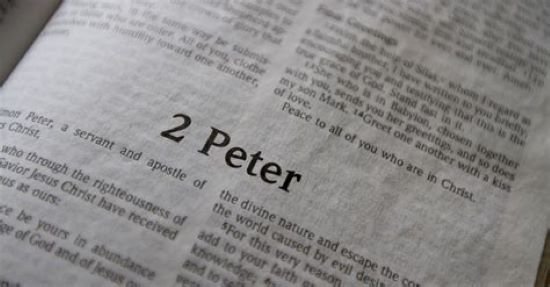Episode Synopsis:
The mere mention of the Antichrist conjures up all kinds of spooky movie images, demonic plot lines, and eerie special effects–all designed to play upon our fears of a satanically inspired, menacing figure doing their master’s bidding. The list is long, but a few examples should help–The Omen (with the brat antichrist child, Damien), and the sequels, then came Rosemary’s Baby, 11-11-11, the Devil’s Advocate, and a host of others fit in this genre.
Throughout the history of the West, there has been no shortage of political leaders, emperors, conquerors, and religious figures who have been identified as antichrist candidates, yet all of whom have come and gone without claiming the title. Of late, this mysterious figure is thought to lurk in the shadows of the deep state, or is a mastermind in the tech world (especially since the rise of AI), or as a villainous super-hero sort of figure who will lead humanity into a post-apocalyptic world with a new reality and radically transformed human existence.
Here is where we bid adieu to this speculation and take a much different course. We will go back to the teaching of Scripture and the church’s reflection upon what is a truly fascinating topic. If Christians in the apostolic age were not sure who or what this meant, the Reformers were absolutely sure–they identified antichrist with the papacy. Many Protestants have agreed, while Rome’s response was to return the favor–it was Protestants who were doing the devil’s work by dividing Christendom. Currently, evangelicals have taken up the quest to figure out just who or what the Antichrist will be, as they wait for the Antichrist to appear as the leader of a revived Roman empire, make a peace-treaty with Israel, and then betray the nation and usher in the final battle–Armageddon.
The best way to deal with all of this wild (on the one hand) and understandable speculation (on the other) is to return to the teaching of Scripture. Ironically, the Bible is the source of much of the speculation just mentioned–many of the speculators and fiction writers know just enough about the Bible to make them dangerous, while others got much of the biblical data right–but it was simply not God’s time for this figure to appear. So, lets go back to the biblical text, see what it actually says about the Antichrist, and then summarize the biblical teaching.
But don’t get your hopes up. Such a study won’t tell us who the antichrist will be, or when he (or she) will appear, but hopefully, it will clear up much or all of the speculation surrounding this figure and get us back to grounding all our future expectations in the Scriptures.
To see the show notes and listen to the episode, follow the link below
Read More












